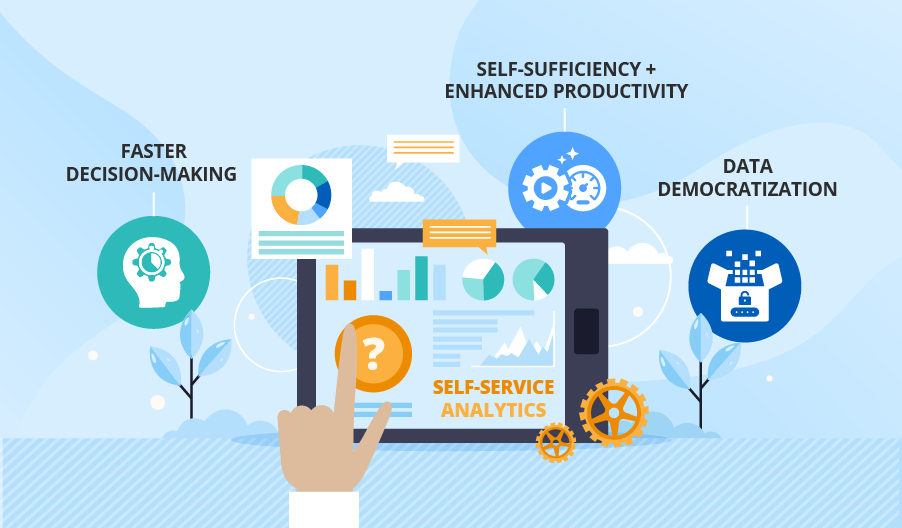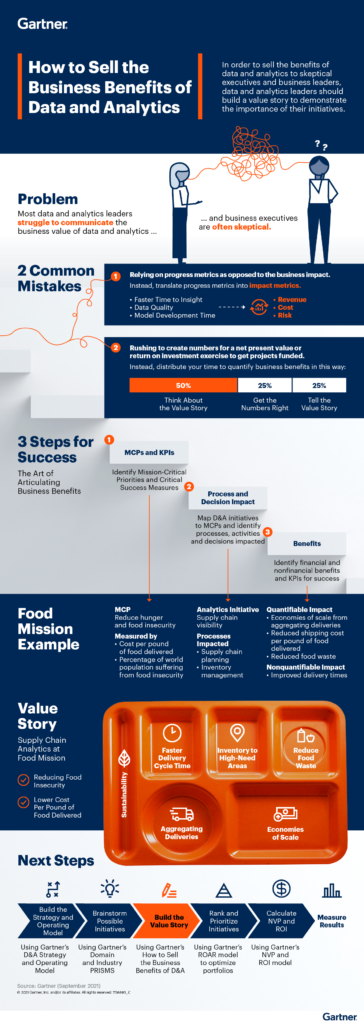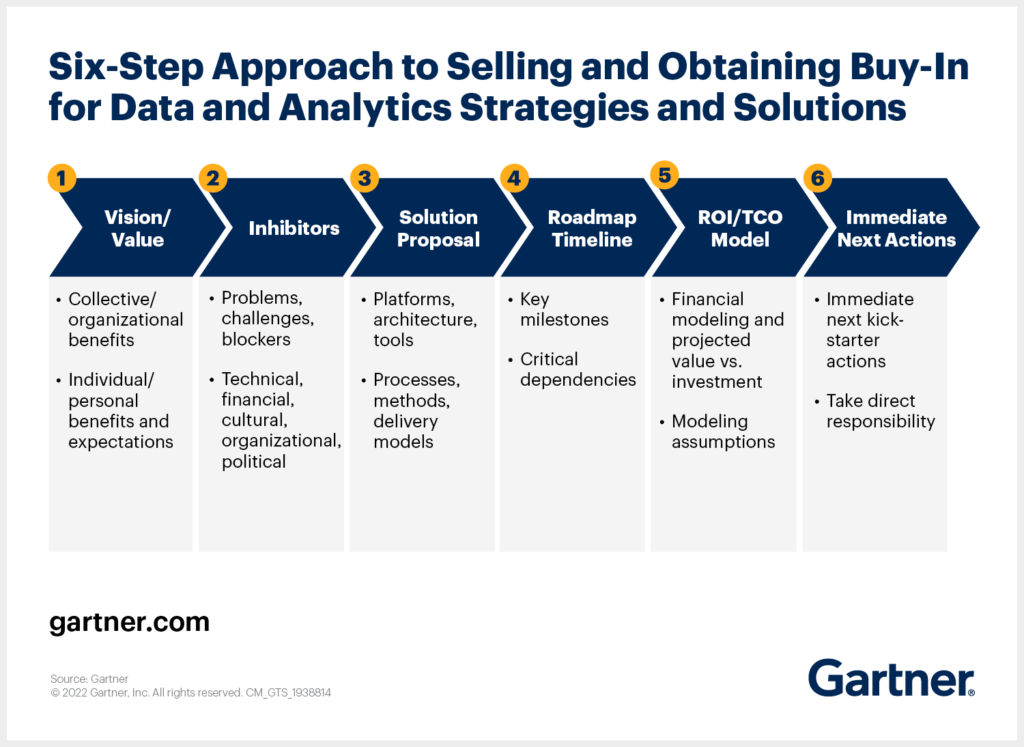In today’s digital age, data is everywhere. From the websites we browse to the purchases we make, every action we take generates a wealth of information. As a result, data analytics has become an increasingly important field that is revolutionizing the way we make decisions and conduct business. In fact, many experts believe that data analytics is the future of everything, from healthcare to finance to marketing.
Data analytics involves the use of statistical and quantitative methods to extract insights from data sets. By analyzing patterns and trends, businesses can make more informed decisions about everything from product development to customer engagement. In addition, data analytics can help companies identify and mitigate risks, improve efficiency, and gain a competitive edge. As the amount of data generated continues to increase exponentially, the demand for skilled data analysts and data scientists is also on the rise. With the power to transform industries and drive innovation, it’s clear that data analytics is the future of everything.

Why Data Analytics is the Future of Everything?
Data analytics is the process of examining large data sets to uncover hidden patterns, correlations and other insights. It is the process of transforming raw data into meaningful information that can be used for decision making. Data analytics can help businesses make better decisions, improve customer service, increase efficiency and productivity, reduce costs, identify new opportunities and more. In short, data analytics is the future of everything.
What is Data Analytics?
Data analytics is the science of analyzing raw data to uncover patterns, trends, and insights. It involves collecting, organizing, cleaning, and analyzing data to gain useful insights. Data analytics is used in a variety of industries, from health care to finance to marketing. Data analytics can provide businesses with valuable insights into customer behavior, marketing trends, and more.
How Does Data Analytics Work?
Data analytics involves using data to identify patterns, correlations, and other insights. Data analysts use a variety of techniques, such as data mining, machine learning, and predictive analytics, to analyze data. Data analytics can provide businesses with valuable insights into customer behavior, marketing trends, and more. For example, data analytics can help businesses identify which products are most popular and which customers are more likely to purchase them. Additionally, data analytics can help businesses identify areas where they can improve their operations and save money.
The Benefits of Data Analytics
Data analytics can help businesses make better decisions and improve their efficiency and productivity. By uncovering trends and insights from data, businesses can identify opportunities for improvement and take advantage of them. Additionally, data analytics can help businesses reduce costs by identifying areas where they can streamline processes and save money. Furthermore, data analytics can provide valuable insights into customer behavior, allowing businesses to offer more personalized services and improve customer satisfaction.
Data Analytics and the Future
Data analytics is rapidly becoming an essential tool for businesses. Data analytics is being used to provide insights into customer behavior, marketing trends, and more. As businesses become increasingly reliant on data analytics, it will become even more important in the future. Data analytics will continue to be used to improve efficiency and productivity, reduce costs, identify new opportunities, and more. In short, data analytics is the future of everything.
Frequently Asked Questions
Data analytics is the study of data that helps to identify trends, extract insights and make informed decisions in order to improve business operations. It is the process of collecting, analyzing and interpreting data to gain insight and make better decisions.
What is data analytics?
Data analytics is the process of collecting, analyzing and interpreting data to gain insight and make better decisions. It involves using various tools, techniques and technologies to analyze large amounts of data in order to identify patterns, trends, correlations and other insights that can help organizations to make more informed decisions and improve their operations. Data analytics is essential for organizations to stay competitive and make informed decisions about their future.
Data analytics is used in a variety of industries such as healthcare, finance, manufacturing, retail, and more. By analyzing data, organizations can gain a better understanding of their customers, identify opportunities to increase revenue, reduce costs, and improve operations. Data analytics also provides organizations with a better understanding of their competitors and the market.
Why is data analytics important?
Data analytics is important because it helps organizations to make informed decisions and gain insight into their operations. By analyzing data, organizations can identify trends, extract insights and make informed decisions in order to improve their operations. Data analytics is essential for organizations to stay competitive and make informed decisions about their future.
Data analytics also helps organizations to identify opportunities for growth, increase revenue, reduce costs and improve operations. By analyzing data, organizations can gain a better understanding of their customers and the market, as well as identify areas for improvement. Data analytics is increasingly used by organizations to gain a competitive advantage and make informed decisions about their future.
How can data analytics help a business?
Data analytics can help a business in a variety of ways. By analyzing data, businesses can gain a better understanding of their customers, identify opportunities to increase revenue, reduce costs, and improve operations. Data analytics also provides businesses with a better understanding of their competitors and the market.
Data analytics can also help businesses to identify areas for improvement and make informed decisions about their future. By analyzing data, businesses can gain insights into customer behavior, identify areas for growth, and develop strategies to better serve their customers. Data analytics can also help businesses to identify and capitalize on new opportunities, and make informed decisions about their future.
What are the benefits of data analytics?
Data analytics has a variety of benefits for businesses. By analyzing data, businesses can gain a better understanding of their customers, identify areas for improvement, and make informed decisions about their future. Data analytics also helps businesses to identify opportunities for growth, increase revenue, reduce costs, and improve operations.
Data analytics also provides businesses with a better understanding of their competitors and the market, as well as insights into customer behavior. Data analytics can also help businesses to identify and capitalize on new opportunities, and make informed decisions about their future.
What are the challenges of data analytics?
Data analytics can be challenging due to the large amount of data that needs to be analyzed and the complexity of the data. Additionally, there are often privacy and security concerns when dealing with data. Organizations must ensure that the data is properly secured and that the data is being used in a responsible manner.
Data analytics can also be challenging due to the need for specialized skills and expertise. Organizations must have access to the right tools, technologies and resources in order to effectively analyze and interpret the data. Additionally, there is often a need for experienced professionals who can interpret the data and provide meaningful insights.
In conclusion, data analytics is the future of everything because it has the potential to revolutionize the way we live, work, and interact with the world around us. The vast amounts of data that are generated every day offer unprecedented opportunities for businesses and organizations to gain insights and make informed decisions. By harnessing the power of data analytics, we can improve healthcare outcomes, enhance customer experiences, optimize supply chains, and even predict and prevent natural disasters.
Moreover, data analytics is not just a tool for businesses and organizations; it has the power to transform communities and societies as well. By using data analytics to identify patterns and trends in social and economic behavior, we can better understand the needs and priorities of different groups and design policies and programs that are more effective and equitable. The future of data analytics is bright, and those who embrace this technology and its potential will be well-positioned to thrive in a rapidly changing world.



